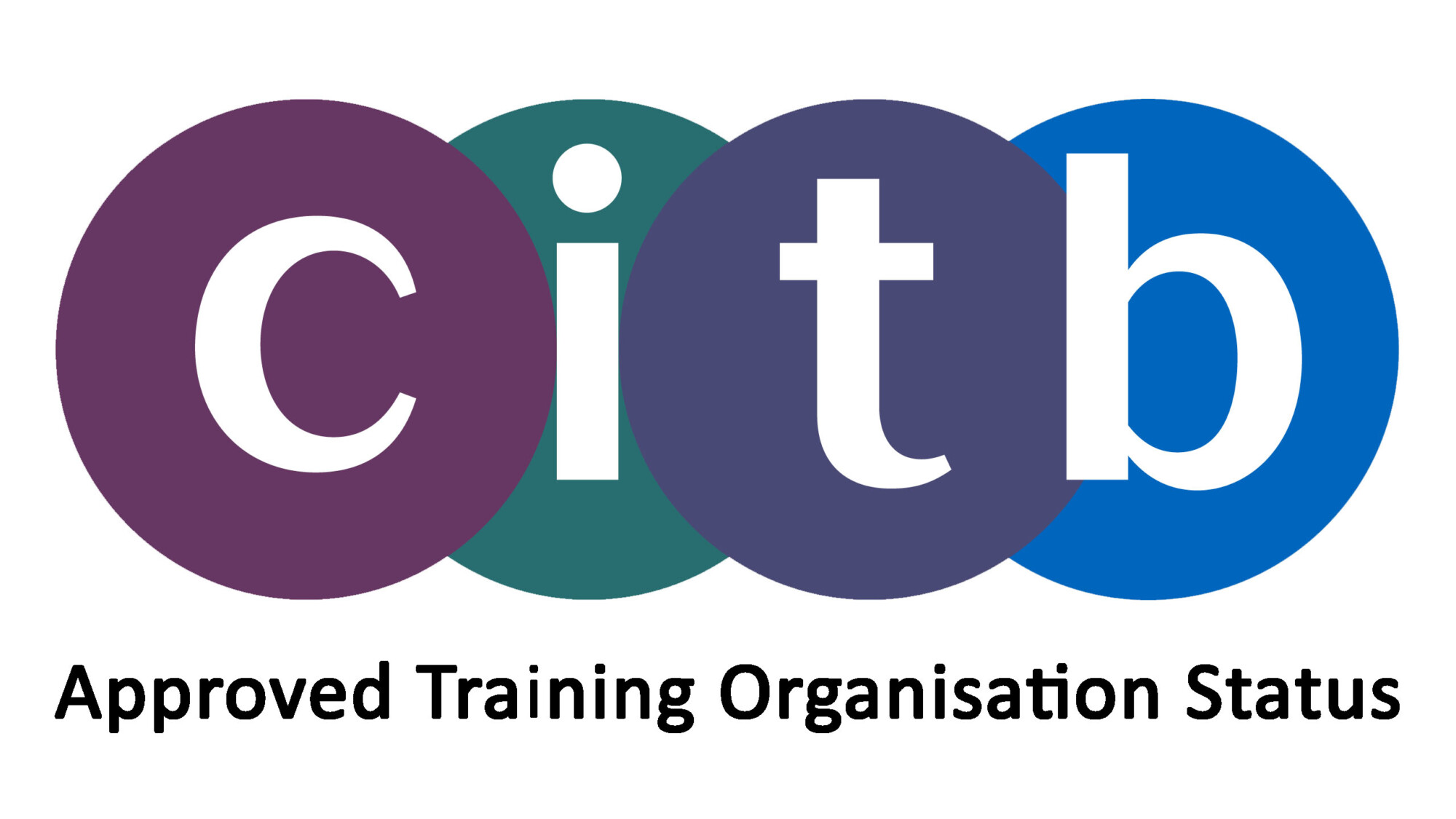Why is mental health and wellness important in the workplace?
Having a healthy and productive workforce is essential for any organisation as it allows employees to perform at their full potential, while delivering results to your business. Mental health and wellbeing were once seen as a nice-to-have among organisations, but it can be the difference between retaining or losing employees.
Deloitte’s 2022 Mental Health Report found that the cost of poor mental health in the workplace for UK employers is around £56 billion every year. In the report, it also highlighted that the cost of staff turnover due to poor mental health has gone up by over 150%, from £8.6 billion in 2019 to £22.4 billion in 2021.
We understand at Keystone how important it is that organisations prioritise mental health and wellness in the workplace with our personal development courses. Our mindfulness, resilience and wellbeing workshops aim to help your employees prioritise various aspects of their lives while also utilising strategies that can be implemented both professionally and personally.
What is mental health and wellbeing?
You may be wondering if there is a difference between mental health and wellbeing. While there are distinct differences between the two concepts, are closely intertwined with one another.
Mental health refers to a person’s emotional, psychological, and social wellbeing. It affects how individuals think, feel, and act, shaping their ability to handle stress, make choices, and relate to others. Mental health is not just the absence of mental illnesses, but rather a state of overall wellbeing where individuals can realize their potential, cope with the normal stresses of life, work productively, and contribute to their communities.
Wellbeing encompasses various aspects of life, including physical, mental, and emotional health. It is a holistic concept that reflects an individual’s overall state of being. When we talk about well-being in the workplace, it goes beyond physical wellness and addresses mental and emotional aspects as well. It encompasses a sense of fulfilment, satisfaction and balance in both personal and professional lives.
How are mental health and wellbeing being linked to the workplace?
You may be wondering if there is a difference between mental health and well-being. While there are distinct differences between the two concepts, they are closely intertwined with one another.
When employees experience positive mental health, they are more likely to experience enhanced overall well-being. Conversely, poor mental health can adversely affect an individual’s overall sense of well-being. Therefore, nurturing mental health is crucial for fostering a healthy and productive work environment.
Investing in mental health and well-being can bring many benefits to an organisation’s workforce. In a study conducted by Gallup in 2019, employees who have better well-being in the first year of their job would have better engagement in their second year of working at the organisation.
Mental health charity Mind emphasises this point in their ‘How to promote wellbeing and tackle the causes of work-related mental health problem’ resource. It outlined in the report that 60 per cent of employees said that they would feel more motivated and would recommend their organisation as a good place to work if their employer took action to support mental wellbeing.
What helps to improve mental health and well-being in the workplace?
As an employer, there are many things that you can do as an organisation to improve mental health and wellbeing in the workplace. By showing to your employees that you care about their mental health and well-being, it means that they’ll be able to perform at their best and deliver results to your business.
Encourage employees to take responsibility for their own mental health and wellbeing
Having a culture of health and well-being bedded into your organisation will encourage and empower employees to prioritise their own well-being.
Whether that’s having a good work/life balance, reducing work-related notifications on weekends and evenings and ensuring people take time off are some of the ways you can give some balance to your employees. Management should lead by example when it comes to implementing this into your organisation so that employees don’t feel pressure to work overtime.
Provide rewards for employees’ hard work
Making your employees feel valued is a great way of showing them that they’re a key part of your organisation. Achieving excellent results for a project or something as simple as a ‘thank you’, can increase their confidence, as well as make them feel that they’re appreciated within your company.
Create a comfortable working environment
Creating a working environment that puts mental health and well-being at the centre of your office is important for improving employees’ mental and physical health. Providing healthy food and drink options, wellness and social spaces, as well as standing desks and comfortable seating are a few ways that you can create a more comfortable working environment.
Improve your employees’ mental health and wellbeing with Keystone Training
Keystone’s mindfulness, resilience and wellbeing workshops are designed to equip employees with the skills they need to manage their mental health and wellbeing. We can design the course to fit within the client’s needs so that our training is effective and benefits everyone taking part in it.
If your organisation is looking to improve employee mental health and wellness in the workplace, we have workshops that are dedicated to mindfulness and well-being. For more information about how we can tailor our workshops to your business needs, please contact our team today.


